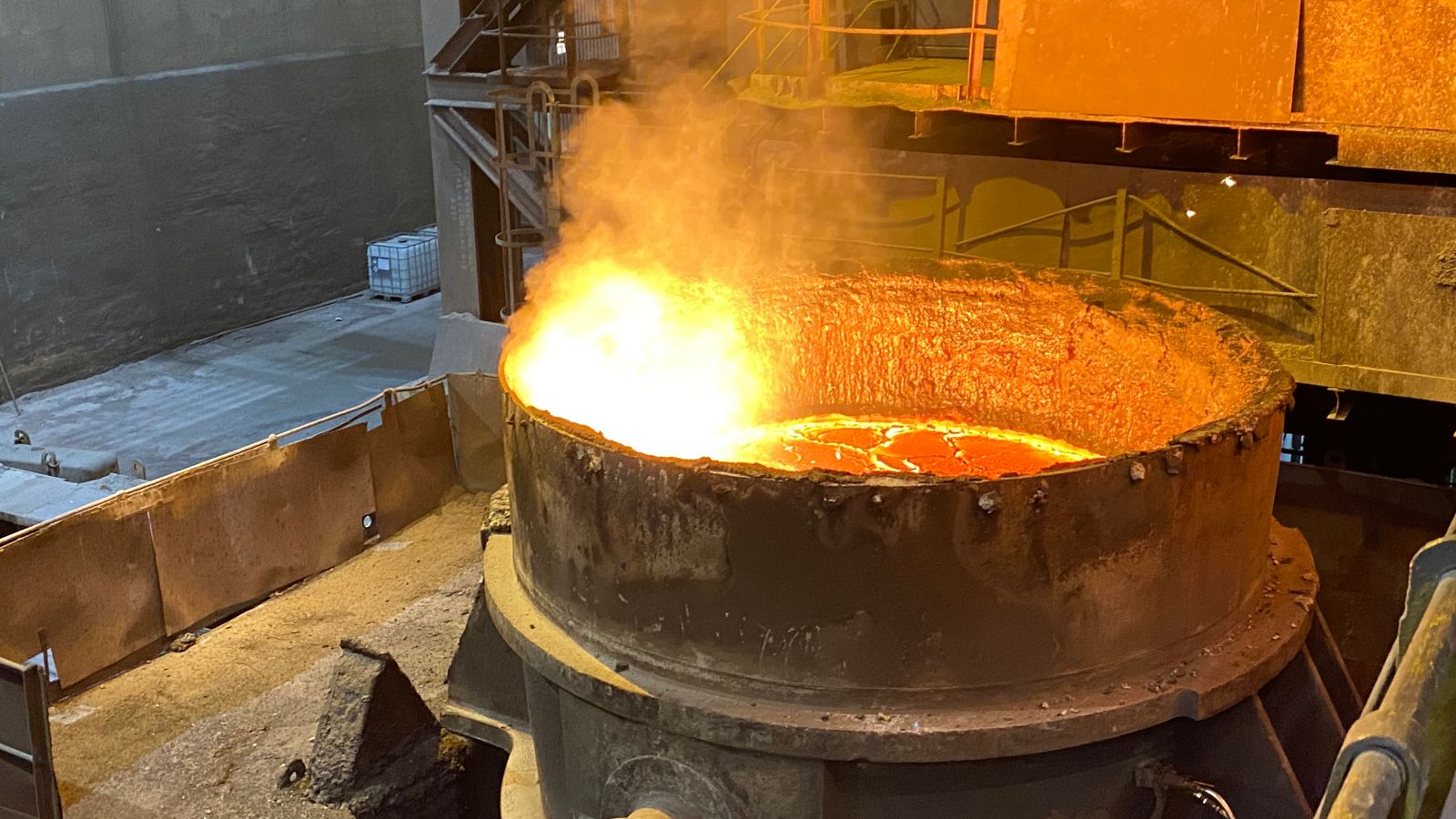Business secretary Kemi Badenoch has had a busy week.
It started on Monday with a £75m cheque to BMW to secure 4,000 jobs tied to future production of electric Minis at its Oxford plant.
It ends with a £500m subsidy to sweeten the decarbonisation, by Indian industrial giant Tata, of its Port Talbot steel plant – a move that may in time cost 3,000 jobs, as new electric arc furnace technology is lower on manpower, as well as emissions.
As a consequence, unions have slammed the deal because it sustains steel production in South Wales but not all the jobs it currently supports.
Ms Badenoch may feel that smacks of ingratitude, given the price of doing nothing might have been the loss of all 8,000 workers in Tata’s British operations, but she’s not the first business secretary to discover that propping up the steel industry is a thankless task.
Steel is often defined as a strategic industry, one in which the UK needs security of supply in order to have control of building our bridges, buildings and defences – but it has always come at a cost.
The industry has been through two cycles of nationalisation and privatisation since the Second World War and today production is in the hands of foreign corporations, Indian-owned Tata and the Chinese Jingye, which owns what remains of British Steel.
Both want government support to invest in their plants, a request ministers find almost impossible to resist when symbolic jobs are at stake.
Demand for steel is not in question, but Britain’s ability to deliver it competitively and cleanly is.
The UK is at the start of a vast industrial transformation required to deliver net zero that can only be delivered with steel, one of the most stubbornly carbon-intensive industries.
The Port Talbot deal is part of that process.
The government says it is the UK’s largest single source of emissions, though unions and Labour point out that hydrogen-fuelled production and carbon capture technology, unproven at scale, are low carbon alternatives that can operate at higher temperatures allowing production of higher quality steel.
The demands of the energy transition are the common theme in the government’s interventions this week but they also highlight the absence of a coherent industrial strategy to guide taxpayer investment in an increasingly competitive global subsidy market.
While the US is plunging £300bn into green industrial subsidies via its Inflation Reduction Act and the EU develops its Green Industrial Plan, the UK abandoned its formal industrial strategy in 2020 and its attempts to keep up appear ad hoc and reactive by comparison.
The pressing government 2030 ban on new petrol and diesel cars was behind the BMW deal and guided at least another £500m of taxpayer support for Tata, also the owner of Jaguar Land Rover, so the company would commit to building a gigafactory in Somerset.
Read more:
Why a green resurrection could save British steel from extinction
Government facing an offshore wind storm after auction failure
The Nissan and Vauxhall owner Stellantis has also received a combined £130m in the last two years to support EV production at its plants in Sunderland and Ellesmere Port.
Those deals shored up existing manufacturing capacity and jobs, but last week saw the complete failure of an auction for offshore wind capacity because the price for future electricity was too low, stalling arguably the most important strand of the UK’s energy transition.
HS2, meanwhile, is plunged into even greater uncertainty, with Downing Street refusing to confirm that the line to Manchester will be completed.
It leaves the project in danger of becoming a metaphor for the UK’s wider industrial progress; a grand ambition, delivered piecemeal, that may never reach its destination.


